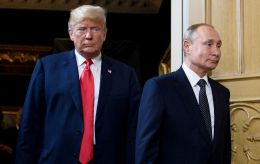5 most high-profile scandals in US presidential election
 US election (photo: Freepik.com)
US election (photo: Freepik.com)
The history of presidential elections in the United States goes back over 2 centuries, and during this time there have been many scandalous and unusual events that have influenced the country's politics and public opinion. What were the most notorious scandals in the US presidential election?
RBC-Ukraine takes a look at the 5 most memorable episodes that shook up American society and are still being discussed in political and historical circles.
The Secret Agreement of 1824: Corrupt arrangement and the House of Representatives elections
In the 1824 election, none of the candidates - John Quincy Adams, Andrew Jackson, Henry Clay, and William Crawford - received a majority of votes, which led to an unprecedented situation.
According to the Constitution, the decision was referred to the House of Representatives, which was to elect a president from the 3 leaders, excluding Henry Clay. However, Clay, as Speaker of the House, used his influence in favor of John Quincy Adams.
After Adams' victory, Clay was appointed Secretary of State, which led to accusations of a corrupt arrangement. Andrew Jackson, who lost the election, called it a conspiracy and disappointed voters long discussed this case as one of the first attempts to manipulate power at the highest level.
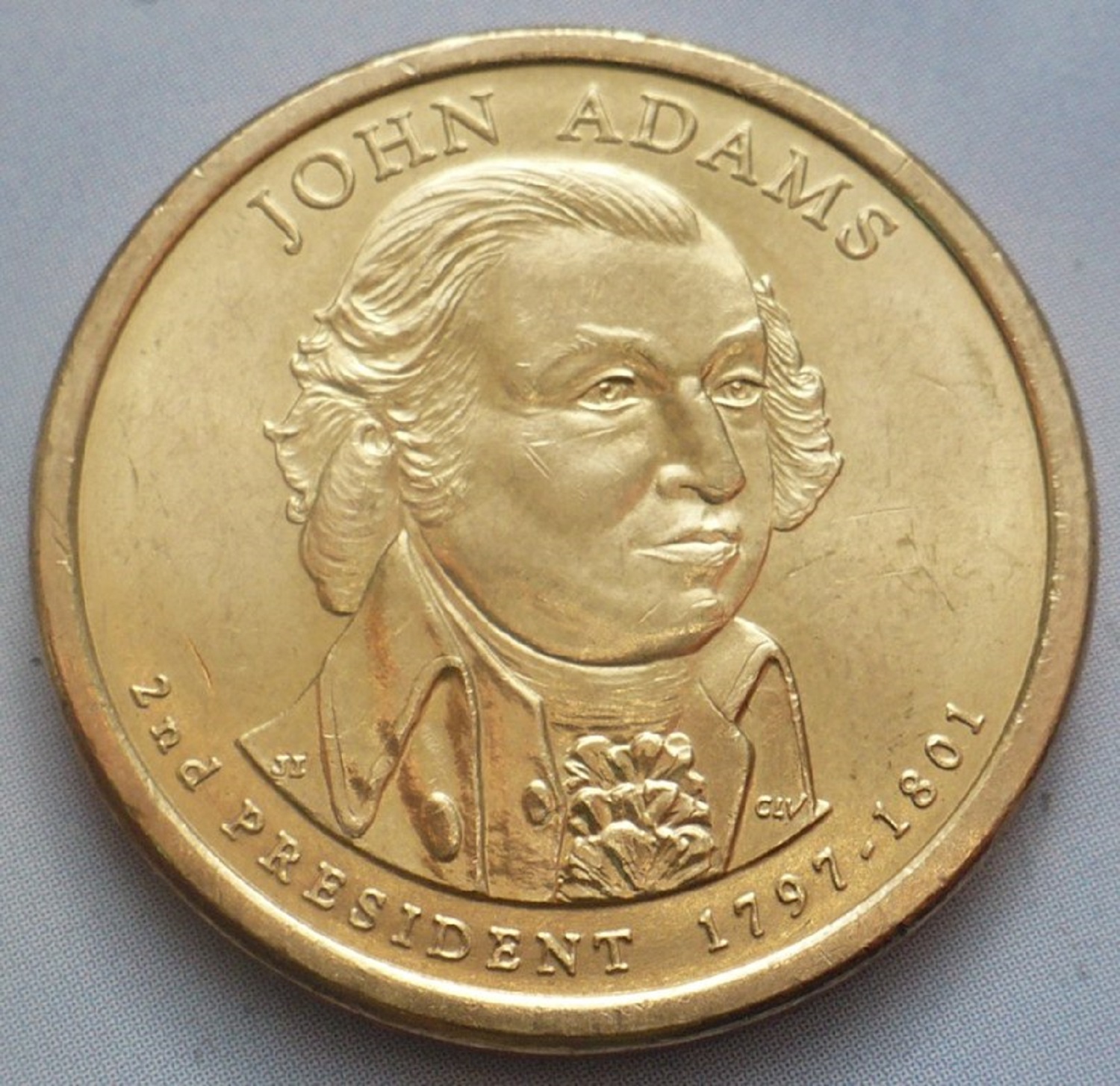 President John Adams on the $1 coin (photo: Wikipedia)
President John Adams on the $1 coin (photo: Wikipedia)
Election of 1876: Commission and disputed results in 3 states
In 1876, the election between Republican Rutherford Hayes and Democrat Samuel Tilden ended in a real political drama. Tilden won by a landslide, but the outcome was decided by disputed results in Florida, Louisiana, and South Carolina.
A special commission was set up to review them and ultimately awarded the victory to Hayes, even though Tilden had already won a majority of the vote. This controversial outcome was called the Great Compromise: Democrats agreed to Hayes' victory, and in return, Republicans promised to withdraw federal troops from the southern states, effectively ending the Reconstruction period.
This case emphasized the need to reform the electoral system and left an unpleasant mark on voters' memories for many years.
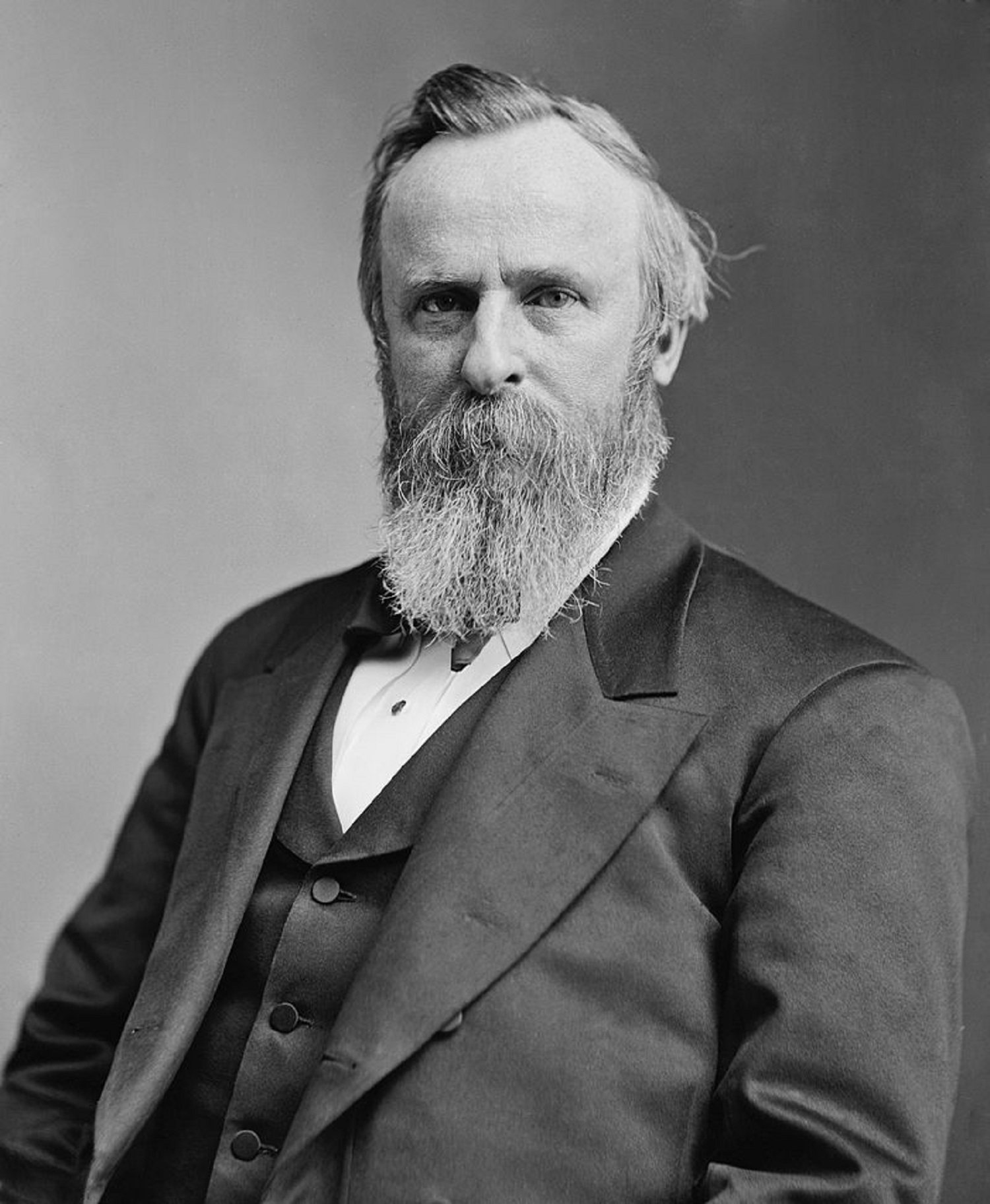 19th President of the United States Rutherford Hayes (photo: Wikipedia)
19th President of the United States Rutherford Hayes (photo: Wikipedia)
Nixon's dirty tricks in 1972: The Watergate scandal
President Richard Nixon and his administration became involved in one of the biggest political scandals in US history, the Watergate scandal.
In 1972, 5 people were arrested for trying to break into the Democratic Party headquarters at the Watergate Hotel. The investigation uncovered shocking facts: it turned out that Nixon and his entourage had authorized wiretapping and espionage against political opponents.
After the scandal was revealed, Nixon was forced to resign, becoming the first US president to voluntarily leave office. Watergate shook the nation, creating a deep distrust of the government and increasing demands for transparency in politics.
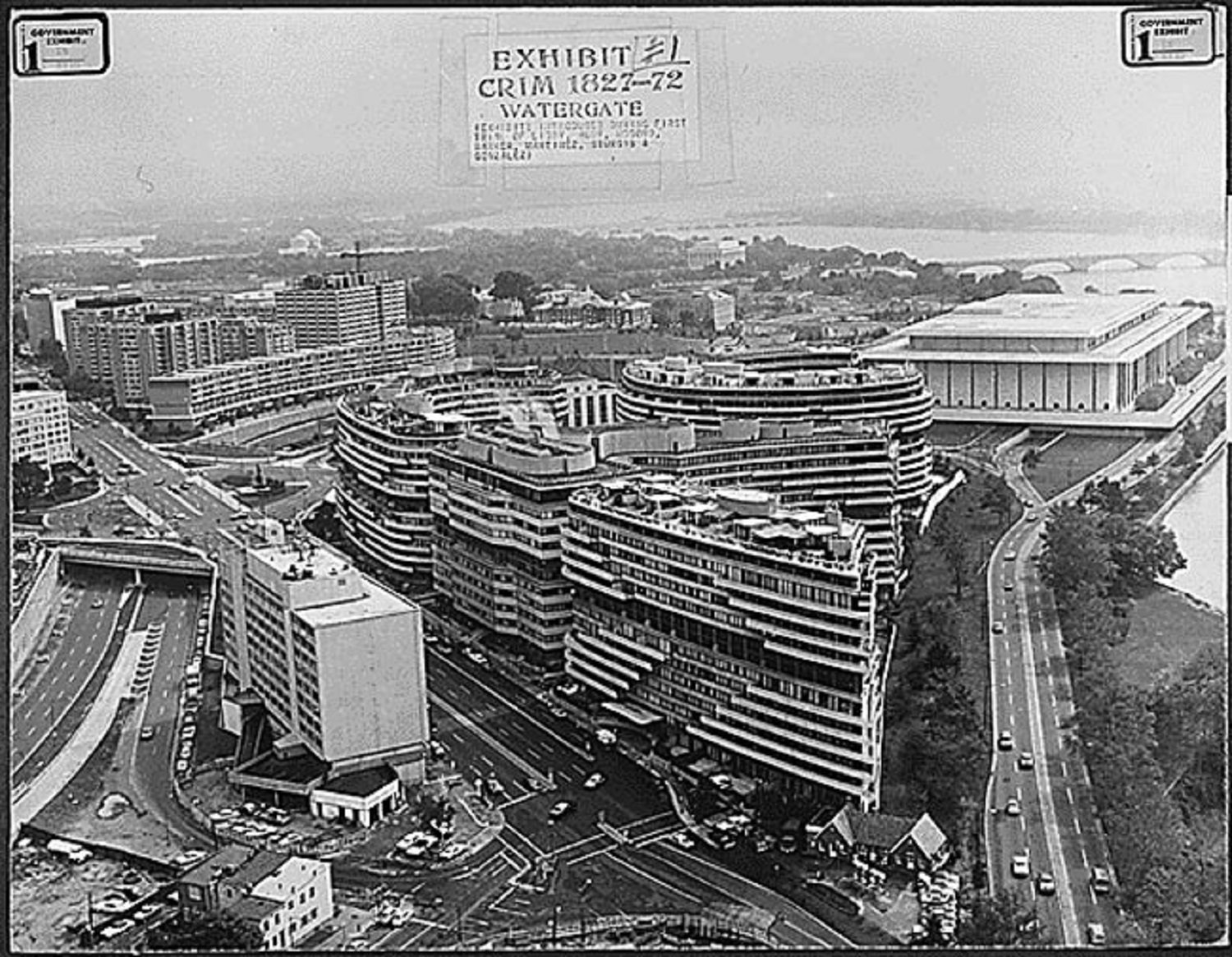 Watergate Hotel (photo: Wikipedia)
Watergate Hotel (photo: Wikipedia)
Election 2000: Florida vote count and Supreme Court case
The 2000 presidential election between George W. Bush and Al Gore also went down in history because of an unprecedented dispute over the vote count.
After the initial count in Florida, the difference between the candidates was so small that a recount was initiated. The dispute lasted for several weeks until the case reached the US Supreme Court, which ordered the recount to be halted, effectively handing the victory to Bush.
This situation caused massive discontent and numerous debates about the need to revise the electoral process. Many voters believed that the outcome was not determined in a fully democratic way, and the events of 2000 remain one of the most debated in the history of American politics.
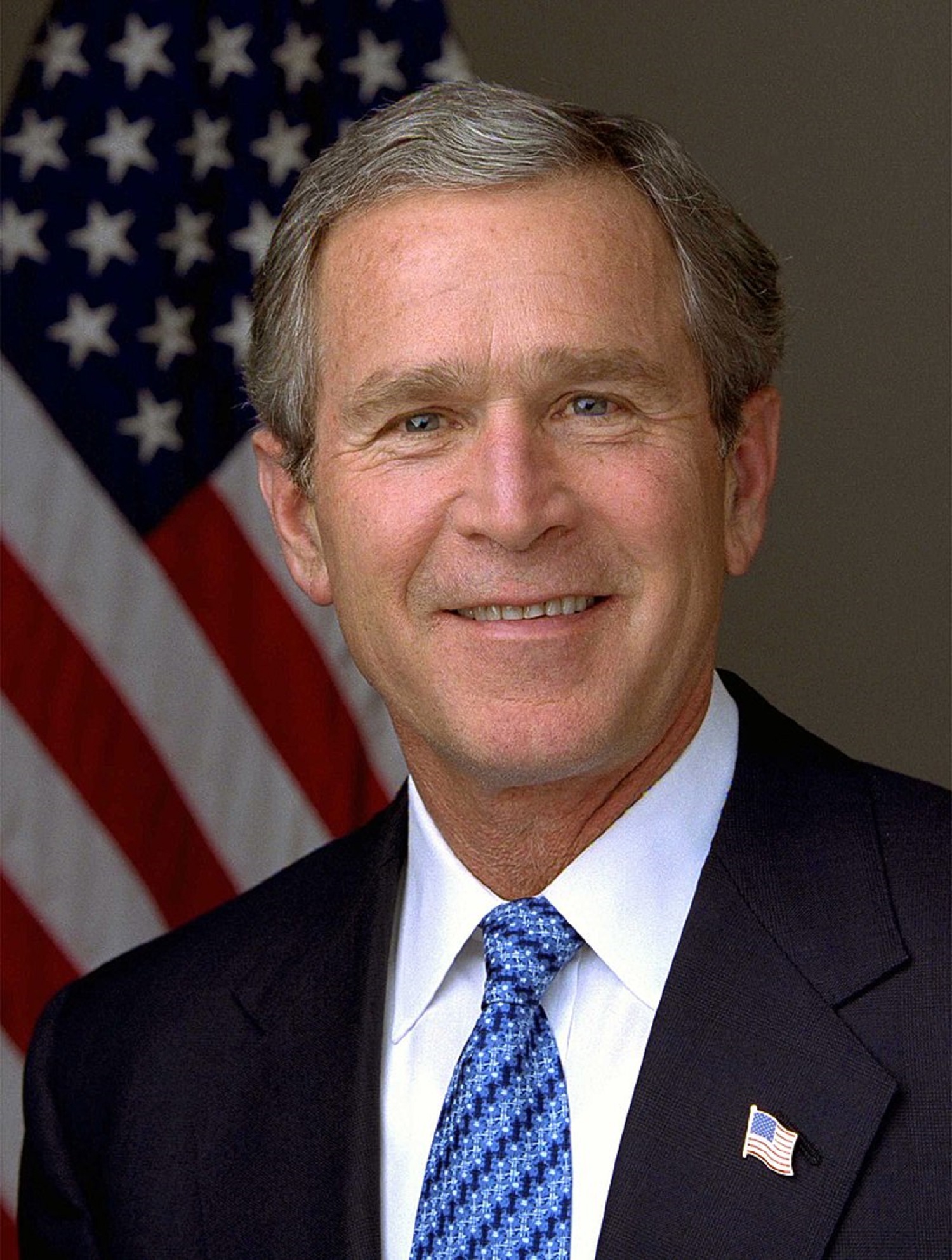 George W. Bush (photo: Wikipedia)
George W. Bush (photo: Wikipedia)
Election 2016: Russian interference and cyberattacks
The 2016 election between Donald Trump and Hillary Clinton was one of the most intense in the modern history of the United States. Shortly after the election, an investigation into possible Russian interference in the election process began.
Allegations included cyberattacks, hacking of Democratic Party emails, and spreading disinformation on social media. Special Counsel Robert Mueller conducted an investigation that found that interference had occurred, although no collusion between Trump and Russia was proven.
These events caused a deep crisis of confidence in society and emphasized the need to strengthen election security and counteract cyberattacks, leaving a significant mark on US political life.
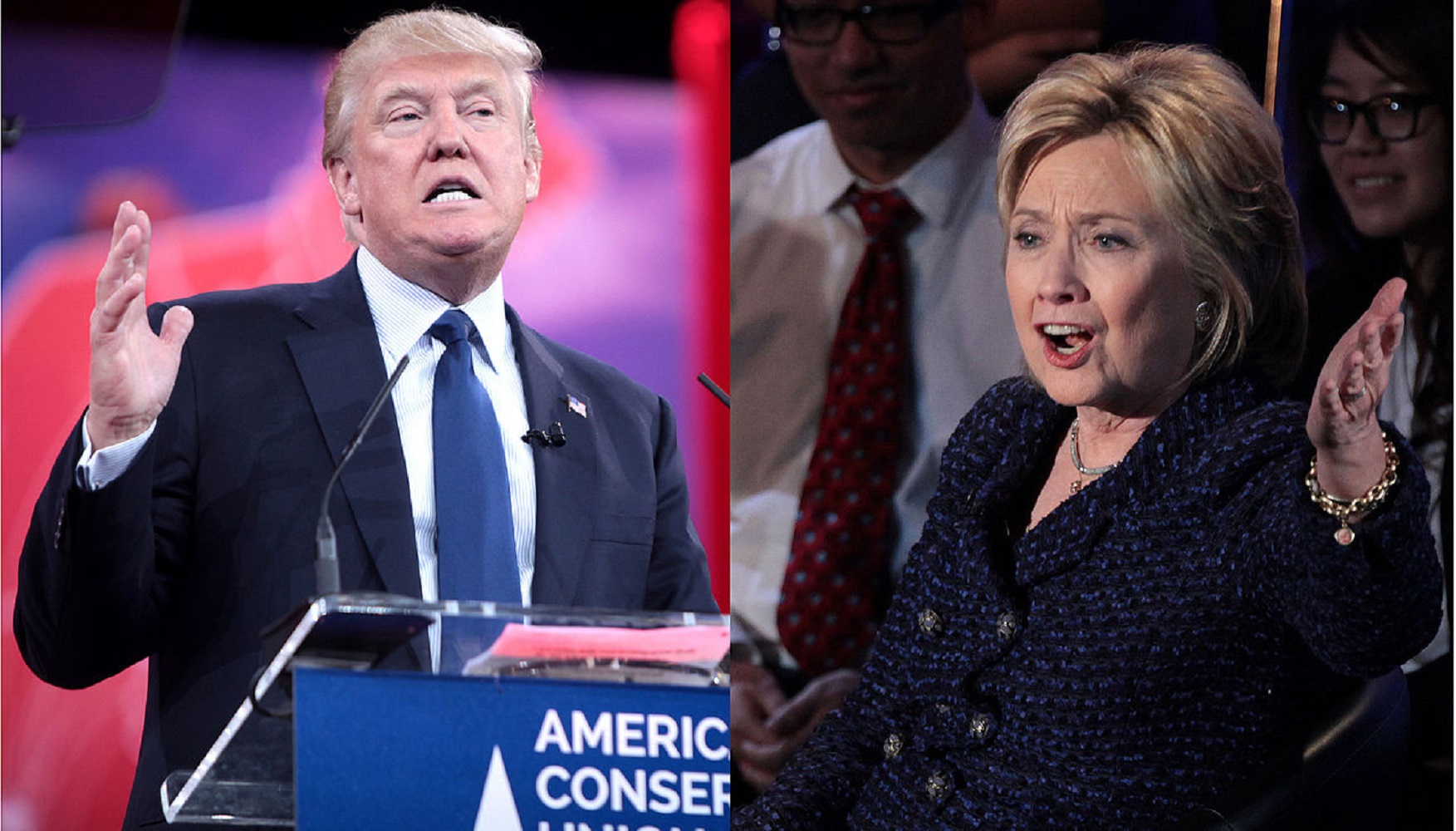 Donald Trump and Hillary Clinton in the 2016 election (photo: Wikipedia)
Donald Trump and Hillary Clinton in the 2016 election (photo: Wikipedia)
Earlier, we wrote who will win the US presidential race according to the election results.
Read also whether Ukraine should expect good news after the US presidential election.
Sources: Bbc.com, US History, Wikipedia.

